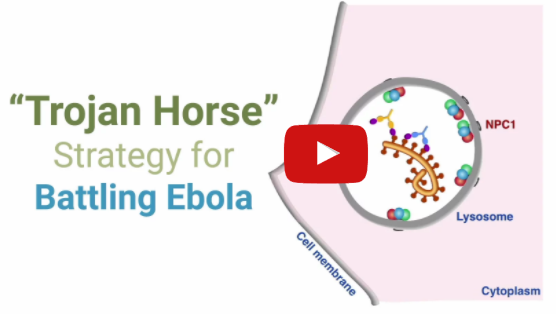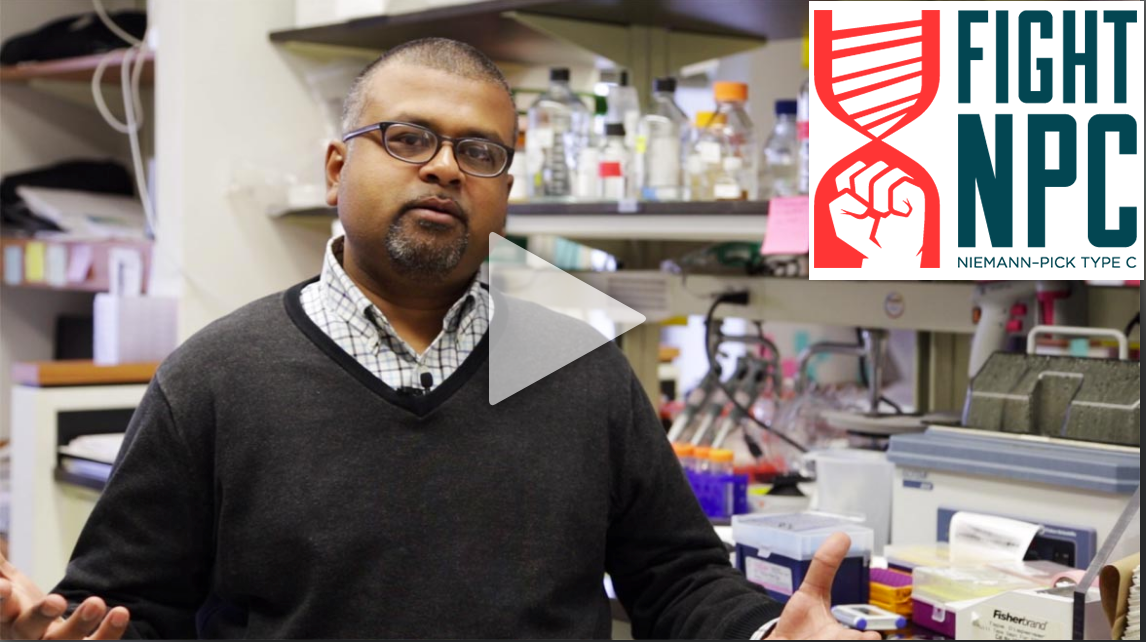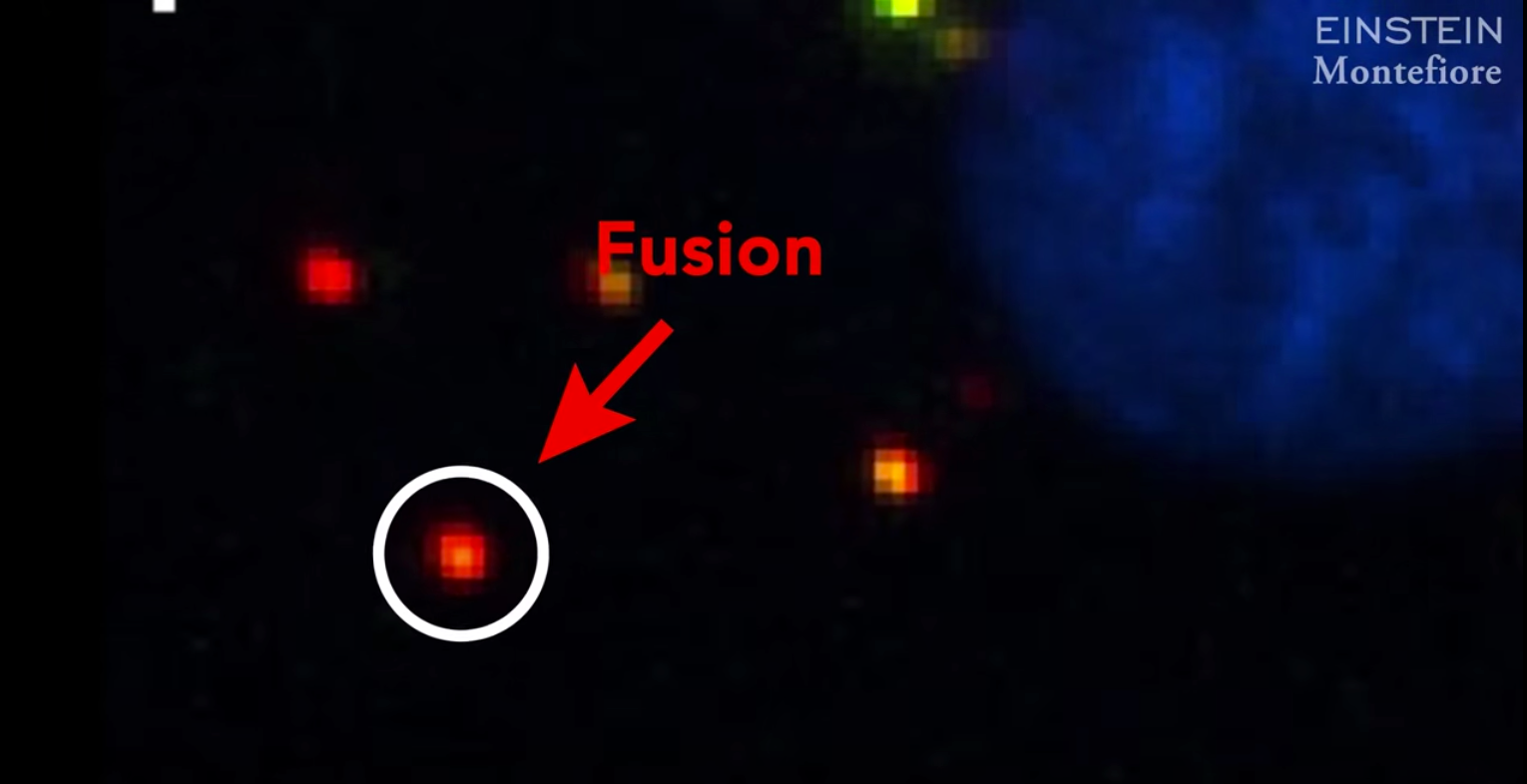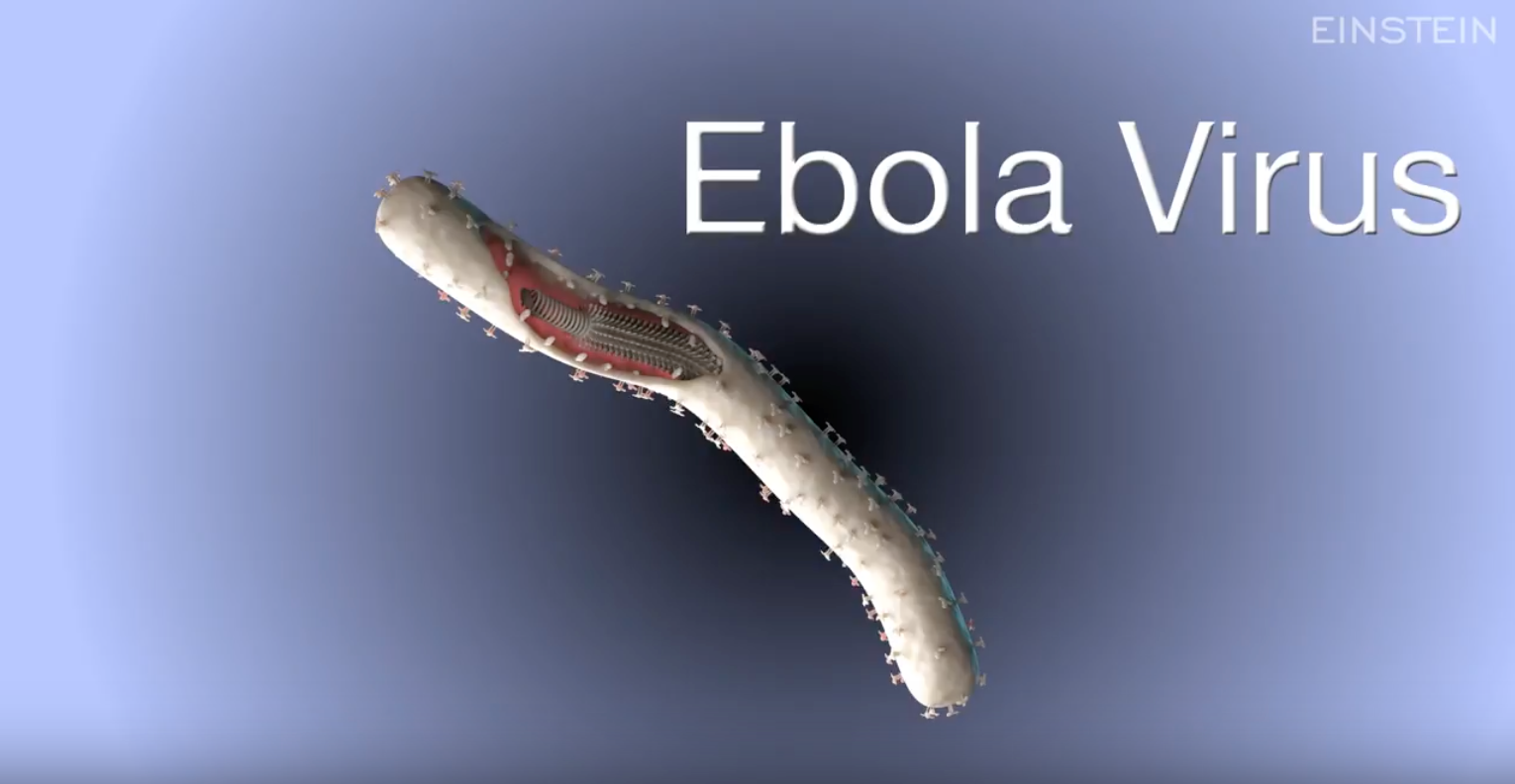Bloomberg News speaks with Kartik about ZMapp, the experimental antibody treatment for Ebola, and passive antibody therapeutics for other viral infections.
VIDEO CAROUSEL




















FEATURED NEWS
ARCHIVED NEWS
Browse by date
- September 2025 1
- January 2025 1
- September 2024 2
- June 2023 1
- March 2022 1
- January 2022 2
- October 2021 1
- June 2021 1
- November 2020 1
- October 2020 1
- September 2020 1
- July 2020 1
- February 2019 1
- January 2019 1
- November 2018 1
- June 2017 2
- May 2017 2
- January 2017 1
- October 2016 1
- September 2016 1
- March 2016 2
- February 2016 2
- December 2015 1
- July 2015 1
- June 2015 1
- May 2015 1
- April 2015 1
- March 2015 1
- December 2014 3
- November 2014 3
- October 2014 1
- September 2014 1
- August 2014 5
- July 2014 2
- June 2014 2
- March 2014 1
- September 2012 1
- August 2012 1
- January 2012 1
- August 2011 2
LATEST NEWS
The Race to Find a Vaccine or Treatment to Stop Ebola→
/CBSNews.com interviews Kartik about the Ebola outbreak and his research on the virus. Kartik explains how Ebola enters cells, and how understanding this process has been instrumental in identifying new targets for drug development.
An Ebola Vaccine Is Not the Answer→
/The Atlantic magazine speaks to Kartik about possible strategies to use a vaccine to stop the Ebola outbreak in West Africa, their limitations, and the need for therapeutics.
Kartik appears on Andrea Mitchell Reports→
/Kartik appears on Andrea Mitchell Reports to discuss Ebola vaccines and treatments and the airlift of Dr. Kent Brantly to the US for treatment.
Ebola Vaccine Possible, but Many Doubts Persist→
/The New York Times interviews Kartik and Chandran Lab collaborator John Dye (USAMRIID) about the development of new vaccines to protect against Ebola virus, and the challenges inherent in vaccinating a population against a rare and fast-moving virus like Ebola.
Why is there not yet a cure for Ebola?→
/Kartik speaks to the The New York Daily News about the worsening Ebola epidemic in West Africa, the paucity of available therapeutics, and new approaches to develop them.
Why Are There No Drugs for Ebola Virus?→
/The Huffington Post features an op-ed co-written by Kartik. He and his co-author (Chandran Lab collaborator) John Dye (USAMRIID) call for innovative academia-industry partnerships and greater investment in research towards meeting this goal.
World War Z: Could a Zombie Virus Happen?→
/National Geographic interviews Kartik about the scientific possibility that a zombie-inducing virus, of the type featured in the film World War Z, could emerge in real life. [Answer—it's not very likely ;)]
Is a Zombie Apocalypse Possible?→
/Kartik appears in S5E1 of The Science Channel’s show 'Through The Wormhole with Morgan Freeman' to discuss his research on how Ebola virus infects humans. [And yes, to pontificate about zombifying viruses!].
Einstein Helps Establish $28 Million Consortium To Find Ebola Treatment→
/The National Institutes of Health (NIH) has awarded a five-year, $28 million grant for a new center for excellence, the 'Viral Hemorrhagic Fever Immunotherapeutic Consortium', that will discover antibody “cocktails” against filoviruses and arenaviruses. The project involves researchers from 15 institutions, including Kartik and a close collaborator at Einstein, Jonathan Lai. Read the press release.
Kartik Chandran, 'Chemistry Kid'→
/The Scientist features Kartik as a 'Scientist to Watch' for his research on Ebola virus infection mechanisms. The article charts Kartik's career—from his high school chemistry club’s explosive experiments to his innovative work on the surface proteins of viruses.
The Race to Cure Ebola→
/Could the deadly Ebola virus establish a foothold in the U.S.? Newsweek.com talks to Kartik about this possibility.
Key Protein May Give Ebola Virus Its Opening→
/The New York Times features our research in Nature that identifies NPC1 as a key protein the deadly Ebola virus needs to infect cells, and a potential target for development of anti-Ebola treatments.
Scientists find weakness in deadly Ebola virus→
/Reuters features our Nature study describing Niemann-Pick C1 (NPC1) as a critical host factor for cell entry and infection by Ebola virus and Marburg virus.
Researchers Find "Key" Used by Ebola Virus to Unlock Cells and Spread Deadly Infection →
/Kartik and his collaborators, Thijn Brummelkamp (Netherlands Cancer Institute), John Dye (USAMRIID), and Sean Whelan (Harvard Medical School) have identified a cellular protein, NPC1, that is critical for infection by Ebola virus. This work was published in the August 24 online edition of Nature. See accompaning presser and watch the video.



















